What Is Diet Culture & How Is It Harmful?
What is diet culture and how is it harmful? I got this question from one of my dance students awhile back and it got me thinking. I often talk about “diet culture” and how much I hate it. At the same time I don’t think a lot of people truly understand what I mean when I use this term.
Diet culture is about more than just being on a diet. It’s a system of oppression in which:
- Thinness is valued at all costs, and above all else.
- Thinness is conflated with health.
- Food is moralized as being either “good” or “bad”, and we equate this to our own moral value too.
- Bodies are valued based on how well they fit the beauty standards of the moment. Most often this not only means thin with visible muscle tone, but also white, cisgender, able-bodied, and young.
- “Wellness” is pushed upon people without considering the socioeconomic factors that might prevent someone from accessing & participating in health promoting behaviors.
Diet culture is so much a part of society as a whole that we often don’t even realize it’s there.
But once you start to see it, you can’t un-see it. And friends, it’s everywhere. You might be looking at the above list thinking: “Whoa, Jenna. You’re too much. I don’t do any of these things. Is it really that bad?” The truth is, we’re all guilty of perpetuating this from time to time. But once we shine a light on it, we can start to dismantle it.
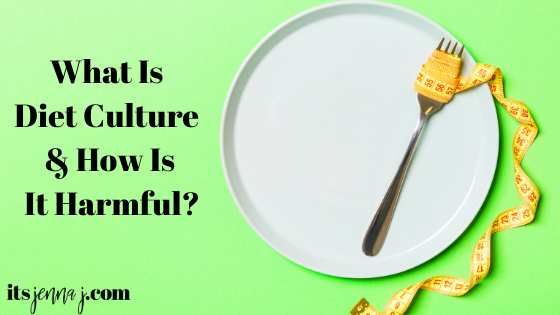
Here are just a few examples of the sneaky ways diet culture sometimes shows up in the world.
- Automatically telling someone “OMG you look SO GOOD!” when they lost weight.
- Feeling just a little bit excited that you lost weight when you got the flu.
- Making assumptions about someone’s health or habits based on their appearance.
- Assuming that losing weight will automatically make you healthier.
- Side by side transformation photos.
- The fitness & wellness industry trying to prey on your insecurities to sell you things.
- The idea that losing weight is the greatest accomplishment that anyone could possibly achieve.
- The pressure placed on new moms to “get their body back”.
- Moralizing labels on food like “guilt-free”, “skinny”, or “cheat meal”.
Bonus: If you’re reading this during the pandemic, diet culture is the reason that. . .
- People keep making jokes & memes about quarantine weight gain.
- You’re afraid of gaining the “quarantine 15”.
- Your friend the “health coach” keeps trying to push you to join their detox or buy their supplements as a means to save yourself from getting sick.
- You feel out of control being stuck in your house all day with 24/7 access to food.
To be clear, if you’ve ever done or said any of these things, I’m not mad at you for it.
I’m not. You probably didn’t know better or see the harm in it. As I’ve mentioned before, diet culture is kind of like being in a crowded group fitness class. Everything is fine until you leave to get a drink of water or use the bathroom. When you come back and take a whiff you can finally smell how bad it actually stinks. Consider this blog post your breath of fresh air. Know better do better. That is if you want to. . .
Why does this even matter?? How much is diet culture actually hurting us?
A LOT, actually. And while it might seem easier to just go along with the rest of the world and laugh along at the fat jokes and pretend that frozen bananas taste like ice cream, there’s a lot of liberation and joy to gain when you start to call out diet culture for what it is. If you’re with me, keep reading.
Ways diet culture is harmful:
- It causes us to pursue unhealthy behaviors in the pursuit of what we think “health” looks like.
- It devalues and punishes bodies that don’t meet the beauty standards of the moment.
- It prevents us all from getting proper healthcare. We assume that thin people are healthy, which makes them more likely to be overlooked for diagnoses. We automatically blame all fat people’s health problems on their weight, instead of treating them for the condition itself.
- It contributes to weight stigma which prevents many people (especially those in larger bodies) from even going to the doctor in the first place.
- It ignores the problem of socioeconomic status preventing many people from having access to things like healthy food, a safe space to exercise.
- It makes our loved ones who may be in larger bodies feel like crap.
- It causes us to waste our lives chasing a number on the scale instead of pursuing actual health promoting behaviors.
- It makes us waste money on gimmicky weight loss products that don’t actually work.
- It causes us to lose sight of our values and miss the chance to pursue bigger goals because we’re too preoccupied trying to shrink ourselves.
- It makes us internalize that we are “bad” people or “out of control” if we can’t stick to a restrictive eating plan.
- It causes people to develop eating disorders and prevents people from seeking and getting treatment.
So what do we do about it?
Great question. Honestly, even just starting to see it for what it is goes a long way. Once you start to see diet culture, it’s really hard to un-see it. Which makes you really fun at dinner parties. 😉 But it will also help you become a more autonomous human who questions more instead of following without question. It will help you use your own internal cues and values to guide the choices you make about your health and life. Here are a few small ways you can start to take down diet culture on your own.
- Call it out when you see it. It doesn’t have to be publicly, the way I do it. It can even just be in your own mind.
- Think before you repost a fat-phobic meme, joke or your own before/after photos.
- Question the assumptions you make about people’s health based on their body size.
- If you have easy access to things like healthy food, a gym, a yoga studio, or other health promoting products and services, consider why that is. Who might not have access to this stuff?
- Find ways to compliment others that aren’t their appearance or body size.
- Stop calling yourself “bad” for eating certain foods.
- Check into the validity of the health information you consume. Not all headlines are based in good science.
- Read more about concepts like Health At Every Size and Intuitive Eating before you form an opinion.
This is all just a start.
Unlearning diet culture is a years long (maybe even lifelong?) process, with all sorts of different rabbit holes to go down. But it’s worth it. Because when you finally see it for what it is, you’re able to create more space in your brain and your life to care about things that truly matter. Not only things that will actually help you create true and lasting health, but bigger issues that matter to you in the world.
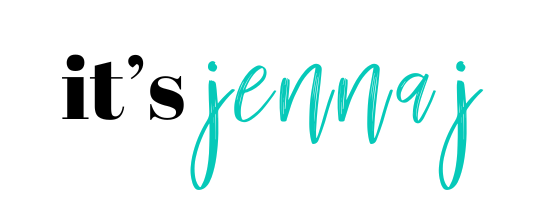
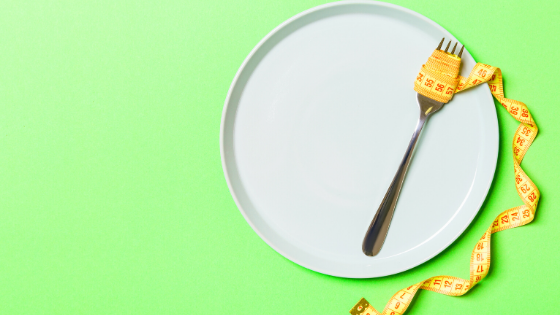
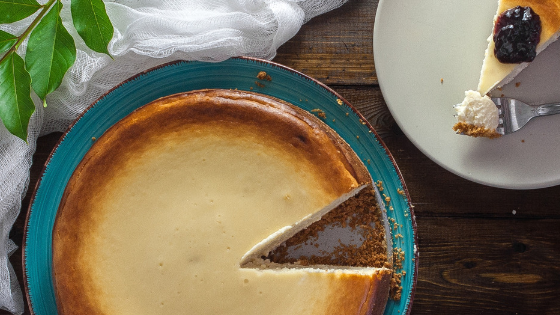
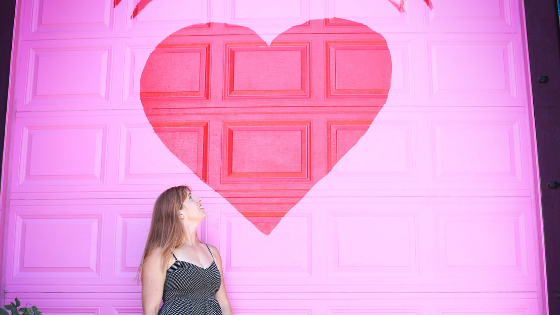


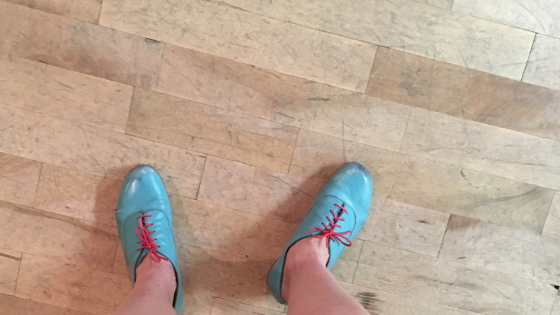
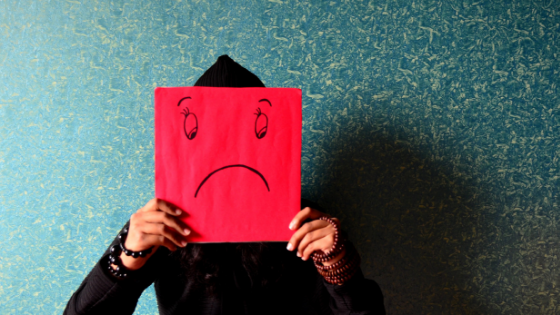
4 Comments
Comments are closed.